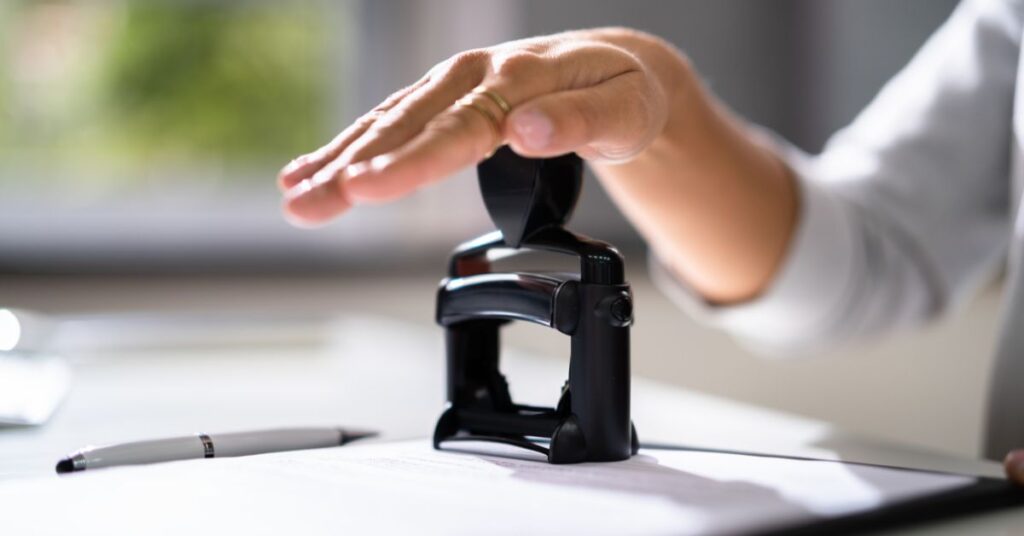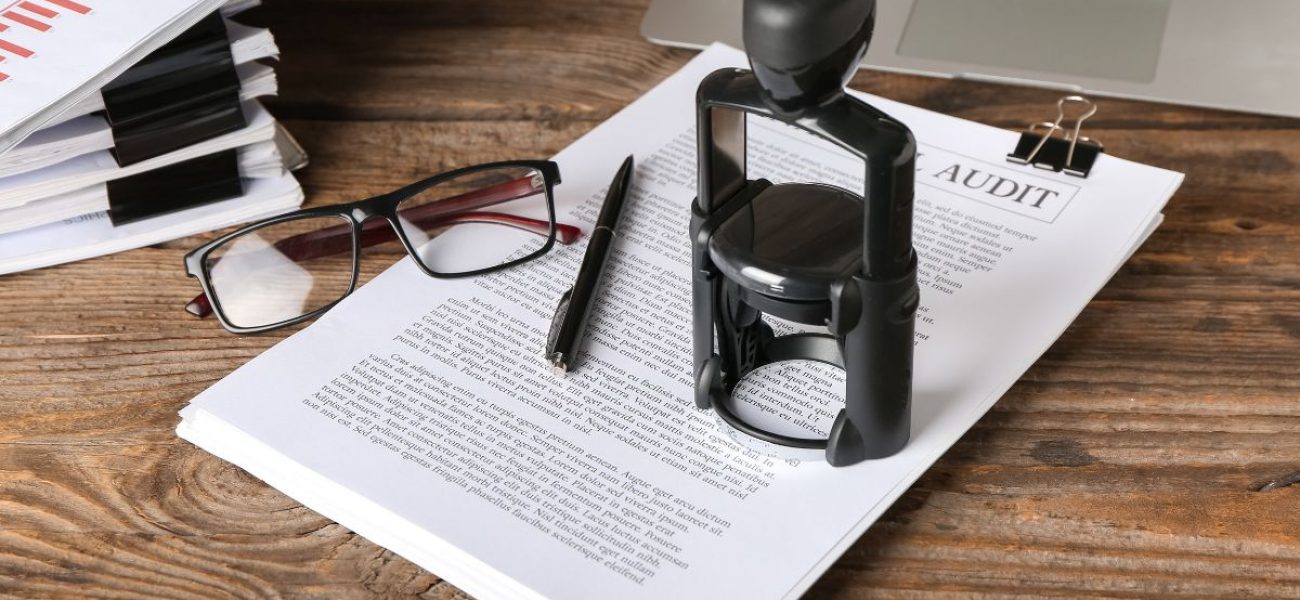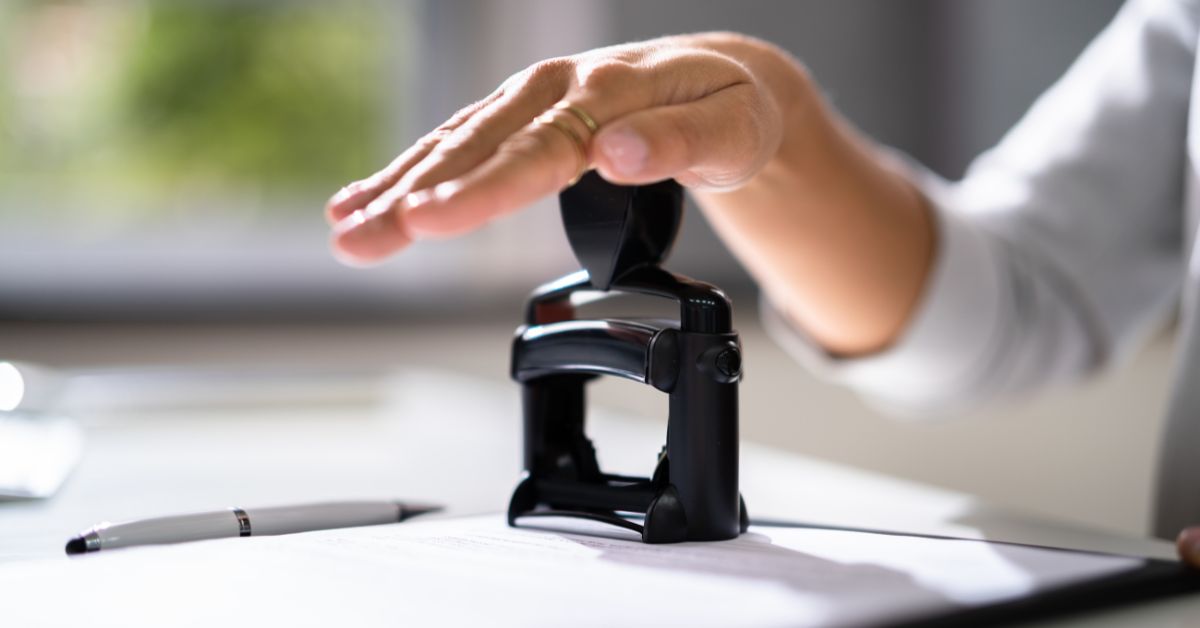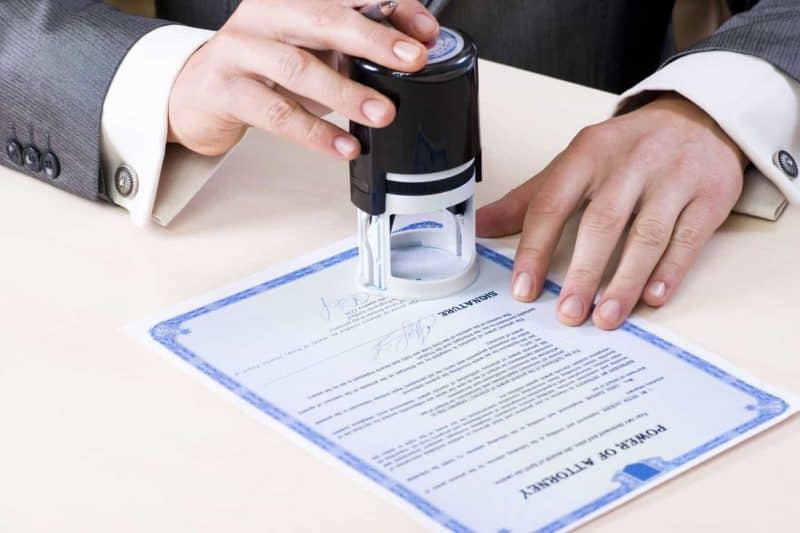When using official documents abroad, such as birth certificates, diplomas, notarial deeds, or marriage certificates, it may be necessary to have these documents verified. This verification ensures that the authenticity of the document is recognized in the country where you intend to use it. There are two methods for this verification: apostille and legalization. Both methods aim to ensure the validity of a document in another country, but they differ significantly in their procedures and applicability. The differences between these two methods can be complex, and you might wonder in which situations you need one over the other. Let’s delve deeper into when you need an apostille or legalization and how to navigate these processes.
What is an Apostille?
An apostille is a simplified form of legalization used between countries that are parties to the Apostille Convention (also known as the Hague Convention of 1961). This treaty was established to simplify and standardize the process of authenticating documents for international use.
Characteristics of an Apostille:
- An apostille is a standardized certification that confirms the authenticity of the document.
- An apostille can only be used between countries that have signed the Apostille Convention.
- The apostille is issued by a competent authority in the country where the document was issued, such as a court or the Ministry of Foreign Affairs.
- Once a document has an apostille, it can be used abroad without further legalization.

What is Legalization?
Legalization is a process in which the signature, stamp, or seal on a document is officially verified for use in another country. Legalizing a document is more complex than obtaining an apostille and can involve multiple steps.
Characteristics of Legalization:
- Legalization is required for countries that are not parties to the Apostille Convention.
- The process can vary depending on the countries involved but usually includes
verification by multiple authorities, such as local governments, ministries of foreign affairs, and the embassy or consulate of the receiving country.
- This process can take longer and is often more expensive than obtaining an apostille.
When do you need which?
Whether you need an apostille or legalization depends on the country where you intend to use the document. Let’s explore the specific situations where each method is required:
Apostille:
An apostille is required when both the issuing country and the country where the document will be used are parties to the Apostille Convention. This means that the countries agree to recognize the apostille as a valid form of document verification.
For example, if you have a birth certificate from the Netherlands and you want to use it in France, you can obtain an apostille from the competent authority in the Netherlands. This apostille will then be recognized in France without further legalization.
Legalization:
Legalization is necessary when the country where you intend to use the document is not a party to the Apostille Convention. In this case, the document must be legalized by the relevant authorities to confirm its validity.
For instance, if you have a diploma from the Netherlands and you want to use it in Qatar, a country that is not a party to the Apostille Convention, you must first have the diploma legalized by the Dutch authorities, such as the Ministry of Education and Foreign Affairs. Afterwards the diploma further needs to be legalized by the Qatari embassy or consulate in the Netherlands.
Additional considerations
In some cases, it may be necessary to have a document legalized first in the issuing country and then again in the receiving country. This often happens when the receiving country requires additional verification of the legalization process in the issuing country.
For documents used in countries not party to the Apostille Convention, the legalization process can take longer and be more complex than obtaining an apostille. It is crucial to allow enough time and carefully research the requirements of both the issuing and receiving countries.
The process of legalizing documents can be complicated and time-consuming for many. It is essential to approach this task diligently and start early to ensure everything is handled correctly. Fortunately, companies like JuridConsult are available to assist you through this complex process, allowing you to proceed with peace of mind, knowing your documents and certificates are properly legalized.




